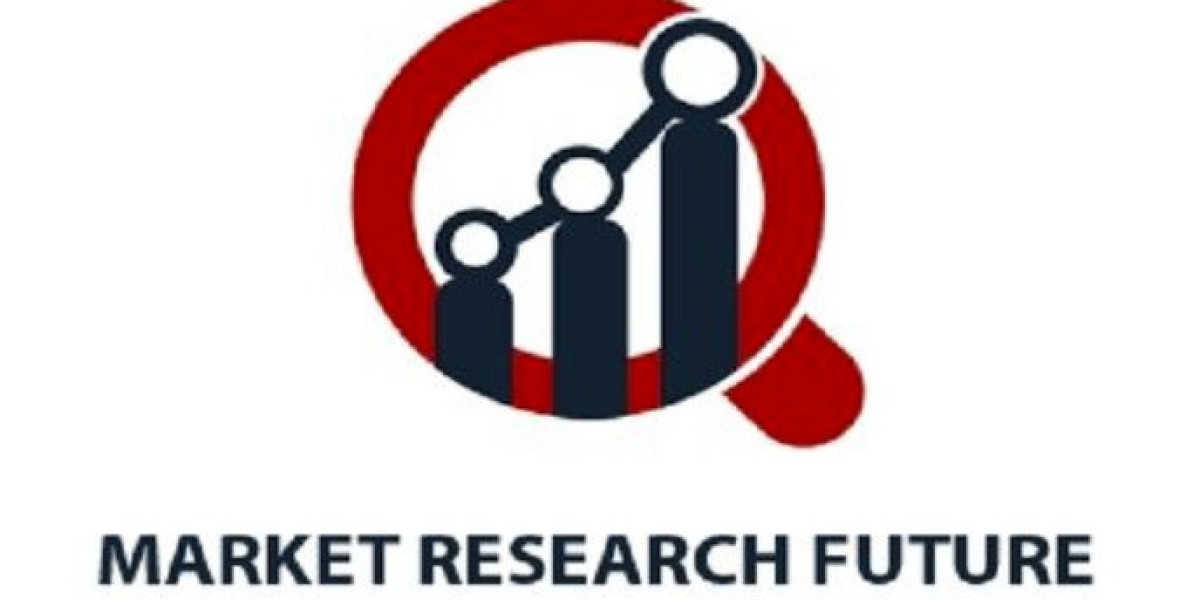The Acute Care Telemedicine Market Data reveal a strong correlation between data integration, patient safety, and operational efficiency. As healthcare becomes increasingly digital, the protection and analysis of sensitive medical data have become crucial. Telemedicine relies heavily on real-time data exchange between medical devices, clinicians, and patients. The integration of cloud computing and blockchain ensures secure, transparent communication within acute care networks. Data analytics further supports clinical decisions, providing predictive insights into patient conditions and enabling faster interventions. However, challenges such as cybersecurity threats and regulatory compliance remain critical issues for the sector.
Healthcare organizations are investing in secure telemedicine infrastructures to ensure compliance with data protection standards like HIPAA and GDPR. Advanced encryption methods, multi-factor authentication, and AI-based threat detection systems are being deployed to maintain data integrity. Moreover, the availability of accurate market data helps stakeholders identify trends, assess adoption rates, and forecast future growth potential. As hospitals continue to generate vast amounts of patient data, telemedicine systems equipped with strong analytics capabilities will become indispensable for efficient acute care management worldwide.
FAQs
Q1: Why is data security vital in telemedicine?
A1: Because it ensures patient confidentiality, builds trust, and complies with regulatory standards.
Q2: How is data analytics transforming acute care?
A2: It enables real-time monitoring, predictive diagnosis, and improved clinical outcomes.








